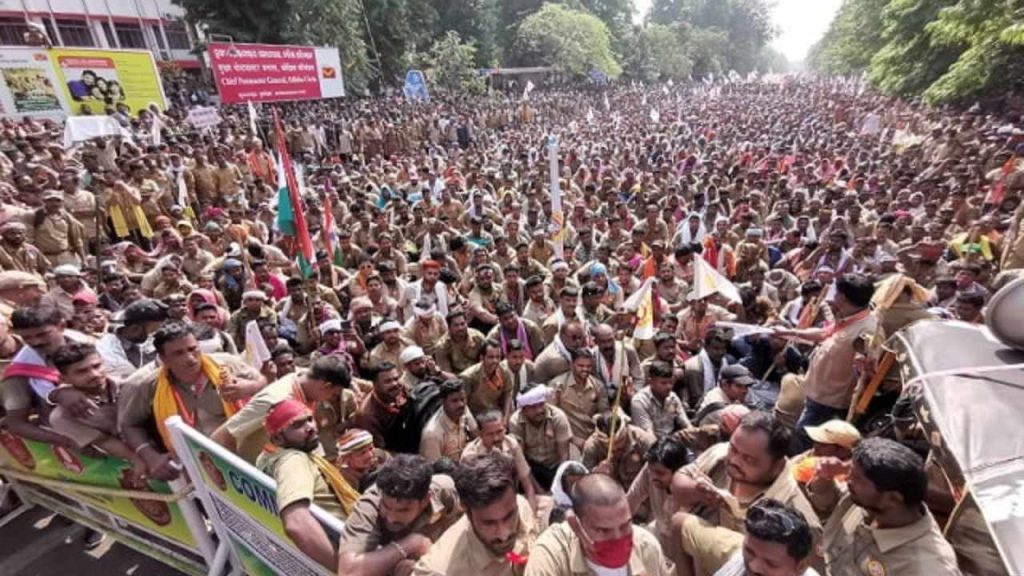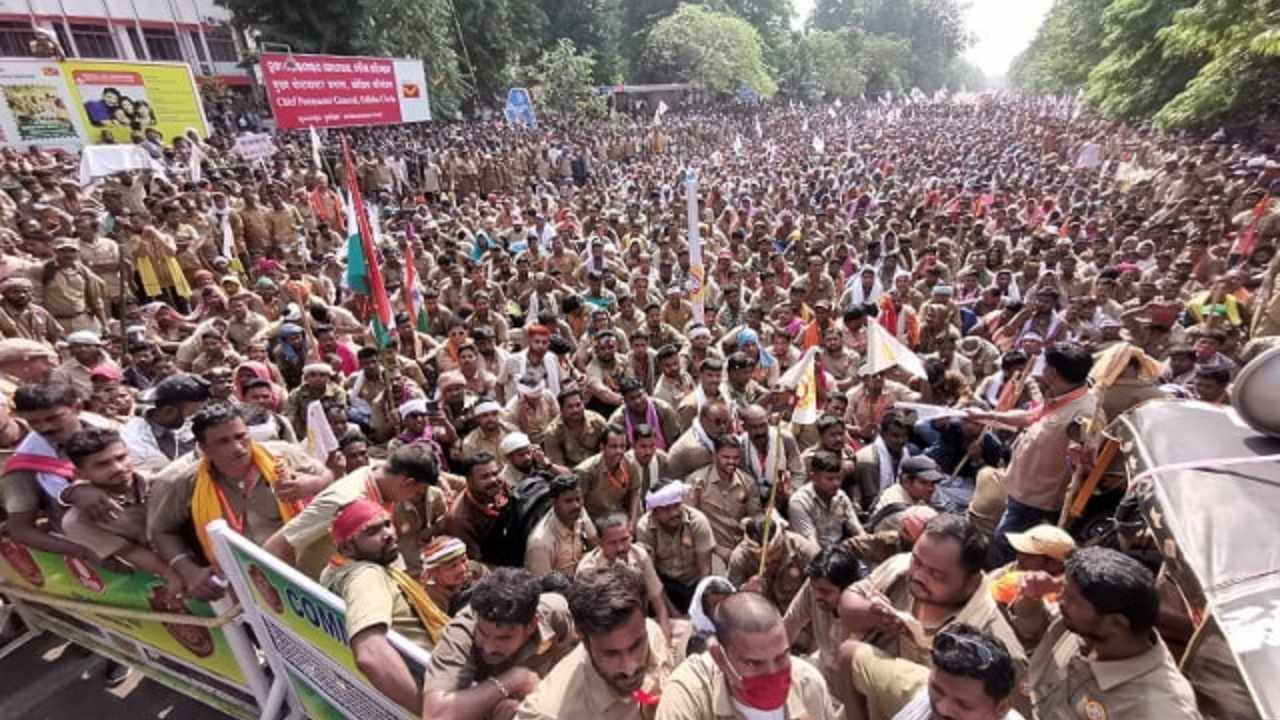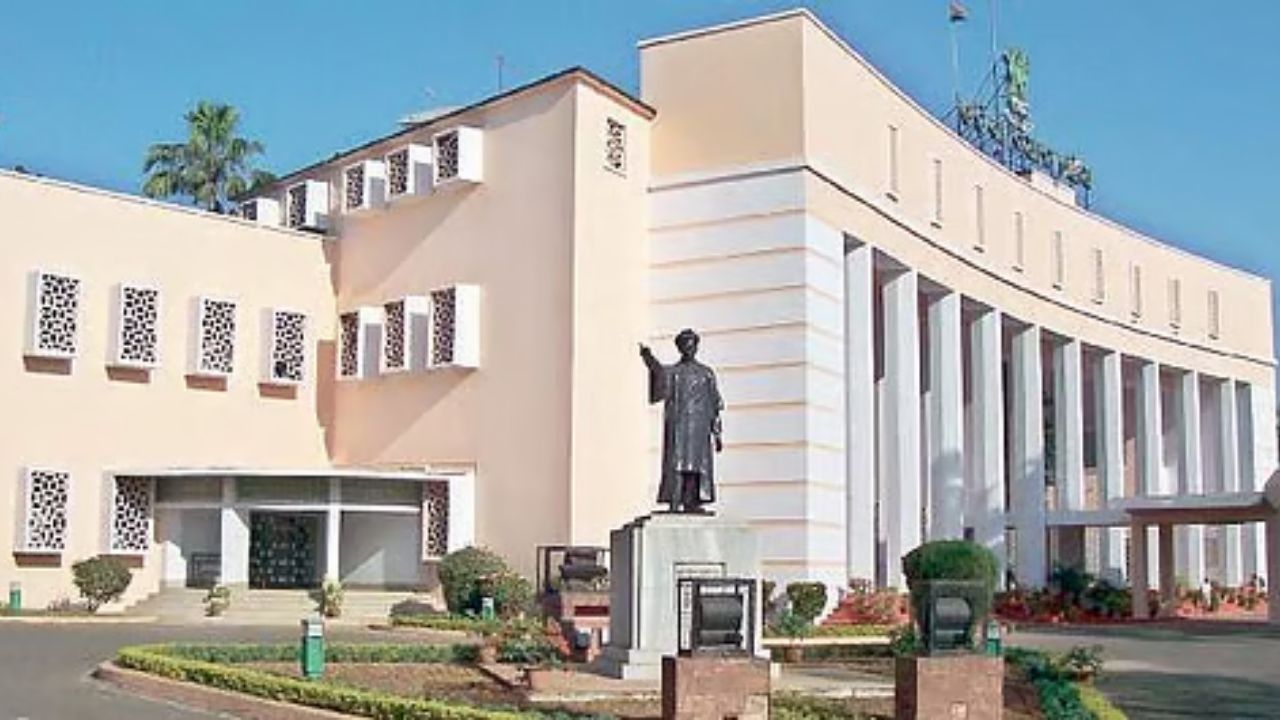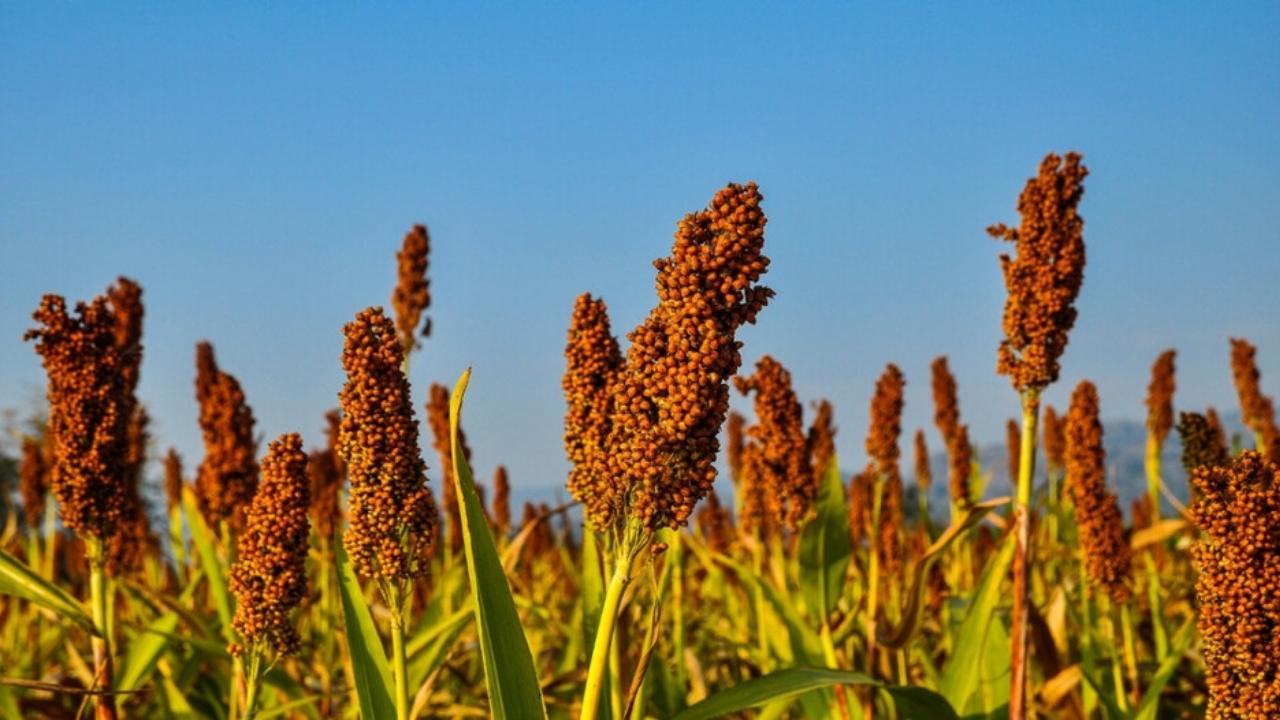In a significant turn of events, Odisha is facing massive disruptions in its transport services as nearly 400,000 drivers have initiated an indefinite strike. The strike, which began on July 8, 2025, has affected bus, auto-rickshaw, taxi, and truck services across the state. The protest is being spearheaded by the Odisha Drivers’ Mahasangha, a group that represents a variety of transport workers. This move comes as the drivers demand better welfare measures and urgent policy reforms. The situation has put pressure on the daily commute for thousands of people, creating a ripple effect in the supply of goods and essential services.

As the strike continues, the state government is scrambling to address the grievances of the drivers and resolve the crisis. But while both sides are negotiating, there is no clear end in sight. Let’s break down the causes, impact, and possible solutions to this ongoing transport crisis in Odisha.
Odisha Faces Major Transport Disruptions as Drivers
| Key Information | Details |
|---|---|
| Strike Start Date | July 8, 2025 |
| Affected Groups | Bus, truck, auto-rickshaw, and taxi drivers |
| Total Drivers Participating | Around 400,000 drivers |
| Main Demands | Pension for drivers over 60, better welfare, legal protections, exemption from police vehicle checks, and more |
| Impact on Transportation | Significant disruption in both passenger and goods transportation |
| Exemption | Emergency vehicles, Puri Rath Yatra services unaffected |
| Government Response | Ongoing discussions; some demands acknowledged by the government |
| Ongoing Situation | Strike continues with no immediate resolution |
For more details, you can visit official sources such as New Indian Express and Odisha Bytes.
The Odisha drivers’ strike has left a significant mark on the state’s transport infrastructure, affecting millions of daily commuters and essential goods transportation. While the strike is rooted in legitimate demands for better welfare and policy changes, its impact is being felt across the state. Both the government and drivers’ associations are engaged in discussions, but as of now, no resolution has been reached.
For commuters and businesses alike, it’s important to stay updated and explore alternatives during this challenging time. Let’s hope that the negotiations will soon lead to a resolution that benefits both the drivers and the public.
Understanding the Strike: Why Is It Happening?
Background and Causes
The Odisha Drivers’ Mahasangha, a collective of various transport unions, has been demanding better working conditions for a long time. However, the recent escalation into an indefinite strike stems from several unresolved issues that have been festering for years. The demands of the drivers include:
- Pension for Drivers Over 60: The drivers are pushing for a pension scheme for those who are 60 years old or older, ensuring they have financial security in their later years.
- Death Benefits and Compensation: They seek compensation for accidents, especially in cases of incapacitation, or death on the job, which would provide a safety net for their families.
- Inclusion in Welfare Board: Auto-rickshaw drivers, who form a significant portion of the workforce, want to be included in the Odisha Motor Transport Drivers and Workers’ Welfare Board, which oversees the welfare of workers.
- Restrooms and Parking Facilities: Drivers, especially those on long-distance routes, are demanding the establishment of restrooms and parking facilities every 100 km along highways. This is to ensure their comfort and safety while working.
- Legal Protection: The drivers also demand legal protection against public hostility and assaults, which can sometimes occur during their interactions with passengers.
- Exemption from Police Vehicle Checks: One of the key points of contention is the drivers’ request to be exempt from police vehicle checks. They argue that these checks should be managed by the Transport Department, not the police, as it would streamline processes and avoid harassment.
- National Drivers’ Day: Finally, the drivers are requesting official recognition for their hard work by declaring September 1 as National Drivers’ Day to honor their contributions to society.
These demands are a mix of welfare concerns and policy changes that seek to improve working conditions for transport workers across the state. They highlight the need for more safety measures, financial security, and recognition.
How the Strike is Affecting Transport Services
As the strike unfolds, the impact on public and private transport has been immense. Private bus services have been completely halted in major cities like Bhubaneswar, Cuttack, Rourkela, Berhampur, and Bolangir. Thousands of commuters who depend on public buses for daily transportation have been left stranded.
The goods transport sector has also been hit hard, with deliveries of essential goods like fuel, vegetables, and other commodities being disrupted. Oil tanker drivers have joined the protest, leading to fears of a fuel shortage in the coming days. Although some oil tanker drivers have been asked to resume work to prevent a crisis, the situation remains tense.
Government’s Response and Challenges
The Odisha government has acknowledged that some of the demands put forward by the drivers are legitimate. The government has engaged in multiple rounds of discussions with the representatives of the drivers’ association, but an agreement has not yet been reached.
In a statement, Commerce and Transport Minister Bibhuti Bhusan Jena assured the public that the government is committed to improving the welfare of drivers and addressing the issues they face. However, with the strike continuing and no immediate resolution in sight, it is uncertain how quickly these discussions will lead to tangible changes.
Practical Advice for Affected Commuters and Businesses
For Commuters
If you rely on public transport in Odisha, the strike will likely affect your daily commute. Here’s what you can do to manage:
- Stay Informed: Keep an eye on local news outlets like New Indian Express and Odisha Bytes for updates on the status of the strike. Authorities may also issue advisories regarding available transport options.
- Carpooling and Ride-sharing: Consider using carpooling or ride-sharing apps to get to your destination. This is a good alternative to public transport.
- Explore Alternative Routes: If you’re driving, try to plan alternate routes that may have less traffic congestion due to the disruptions.
- Be Prepared for Delays: Expect delays, especially if you’re traveling to areas with a heavy concentration of commuters. Patience will be key during this period.
For Businesses
For businesses that depend on the smooth transport of goods, such as grocers, fuel suppliers, and logistics companies, here are a few steps you can take:
- Stock Up in Advance: If you rely on supplies like fuel or perishable goods, try to stock up on necessary items in advance to prevent shortages.
- Communicate with Customers: Keep your customers updated on possible delays in deliveries due to the ongoing transport disruptions.
- Work with Alternate Transport Providers: If possible, explore options like private transport companies or smaller local carriers to ensure that essential goods continue to reach their destination.
Frequently Asked Questions
1. What are the main reasons behind the Odisha drivers’ strike?
The main reasons include demands for better welfare measures like pensions for older drivers, death benefits for accidents, improved facilities along highways, and protection from police harassment. Drivers also want recognition through a National Drivers’ Day.
2. How long is the strike expected to last?
At the moment, there is no clear end date. Discussions between the drivers’ association and the Odisha government are ongoing, and it depends on how quickly both sides can come to an agreement.
3. Will emergency services be affected by the strike?
No, essential services like emergency vehicles and Puri Rath Yatra services are exempt from the strike and will continue as usual.
4. What should I do if I need to travel during the strike?
Stay informed through local news for updates, consider alternative transport options like carpooling, and expect delays during your commute.
5. How can businesses prepare for the transport disruptions?
Businesses should stock up on essential goods, communicate with customers about potential delays, and explore other transport options to minimize disruption to their supply chains.





